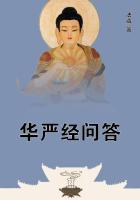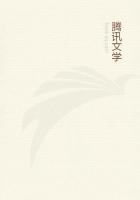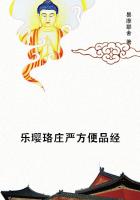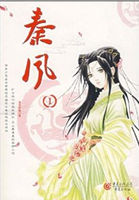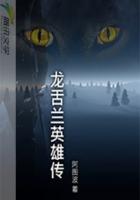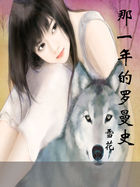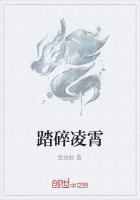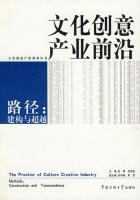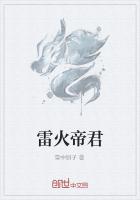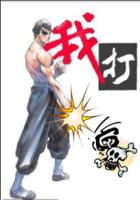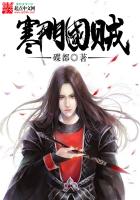Over a class of frenzied gold-seekers, rich or poor, chiefly in the towns, the money-idea is no doubt ascendant; but if you approach the ordinary farmer, mechanic or sober tradesman you are likely to find that he sets no high rate on wealth beyond what is necessary for the frugal support of a family, and that he neither admires nor envies the rich, but looks at the millionaire and thinks: "After all, it isn't life. What does he get out of it more than the rest of us?" The typical American is an idealist, and the people he looks up to are those who stand in some way for the ideal life梠r whom he supposes to do so梞ost commonly statesmen, but often writers, scientists or teachers. Education and culture, as Mr. Bryce and others have noticed, is cherished by plain people all over the land, often to a degree that puts to shame its professed representatives.
We find, then, that agitators who strive to incite the people against the rich encounter with disgust an idealism which refuses to believe that their advantages are extravagantly great; and one of the main grievances of such men is what they look upon as the folly or lack of spirit of the poor in this regard.
Never before, probably, was there so large a class of people who, having riches, feel that they are a doubtful blessing, especially in relation to the nurture of children. Many a successful man is at his wits' end to give his children those advantages of enforced industry, frugality and self-con-(281)-trol which he himself enjoyed. One of the richest men Of the day holds that accumulations are generally bad for the children, as well as for society, and favors almost unlimited graduated taxation of inheritances. [2] According to the philosophy which he supports by practice as well as theory, the man who finds himself rich is to live modestly and use his surplus as a trust fund for the benefit of the public.
What would a man wish for his own son, if he could choose ? First, no doubt, some high and engrossing purpose, which should fill his life with the sense of worthy striving and aspiration. After this he would wish for health, friends, peace of mind, the enjoyment of books, a happy family life and material comfort. But the last, beyond that degree which even unskilled labor should bring, he would regard as of secondary importance.
Not a straitened house and table but a straitened soul is the real evil, and the two are more separable now than formerly. The more a real democracy prevails, the less is the spiritual ascendancy of riches.
There is, for instance, no such settled and institutional deference to wealth in the United States as there seems to be in England; the reason being, in part, that where there are inherited classes there are also class standards of living, costly in the upper class, to which those who would live in good company are under pressure to conform. In England there is actually a ruling order, however ill defined, which is generally looked up to and membership in which is apparently the ambition of a large majority (282) of all aspiring men who do not belong to it by birth. Its habits and standards are such that only the comparatively rich can be at home in it. There is nothing corresponding to this with us. We have richer men and the pursuit of riches is an even livelier game, but there is no such ascendency in wealth, no such feeling that one must be rich to be respectable.
With us, if people have money they enjoy it; if not, they manage with what they have, neither regarding themselves nor regarded by others as essentially inferior.
It is also a general feeling here that wealth should not be a controlling factor in marriage, and it is not common for American parents to object seriously to a proposed son-in-law (much less a daughter-in-law) on the mere ground of lack of means, apart from his capacity to earn a living.
The matter-of-fact mercenariness in this regard which, as we are led to believe by the novelists, prevails in the upper circles of England, is as yet somewhat shocking to the American mind.
Hereditary titles, sometimes imagined to be a counterpoise to the ascendancy of wealth, are really, in our time at least, a support and sanction to it, giving it an official standing and permanence it cannot have in democracy.
We understand that in England wealth梬ith tact, patience and maybe political services梬ill procure a title, which, unlike anything one can get for money in America, is indestructible by vice and folly, and can be used over and over to buy wealth in marriage. " Nothing works better in America than the promptness with which the degenerate scions of honored parents drop out of sight." [3] Rank is not an offset but a reward and bribe to (283) wealth; perhaps the only merit that can be claimed for it in this connection being that the desire and deference for it imposes a certain discipline on the arrogance of newly acquired riches.
The English idea that those in high offices should have a magnificent style of living, "becoming to their station," is also one that goes with caste feeling. It makes it hardly decent for the poor to hold such offices, and is almost absent here, where, if riches are important to political success, the condition is one of which the people do not approve and would gladly dispense with.
I doubt whether the whole conception which imputes merit to wealth and seeks at least the appearance of the latter in modes of dress, attendance and the like, is not stronger everywhere in Europe than in the United States.
Endnotes The American Commonwealth, Chapter 94. Andrew Carnegie. T. W. Higginson, Book and Heart, 145.

